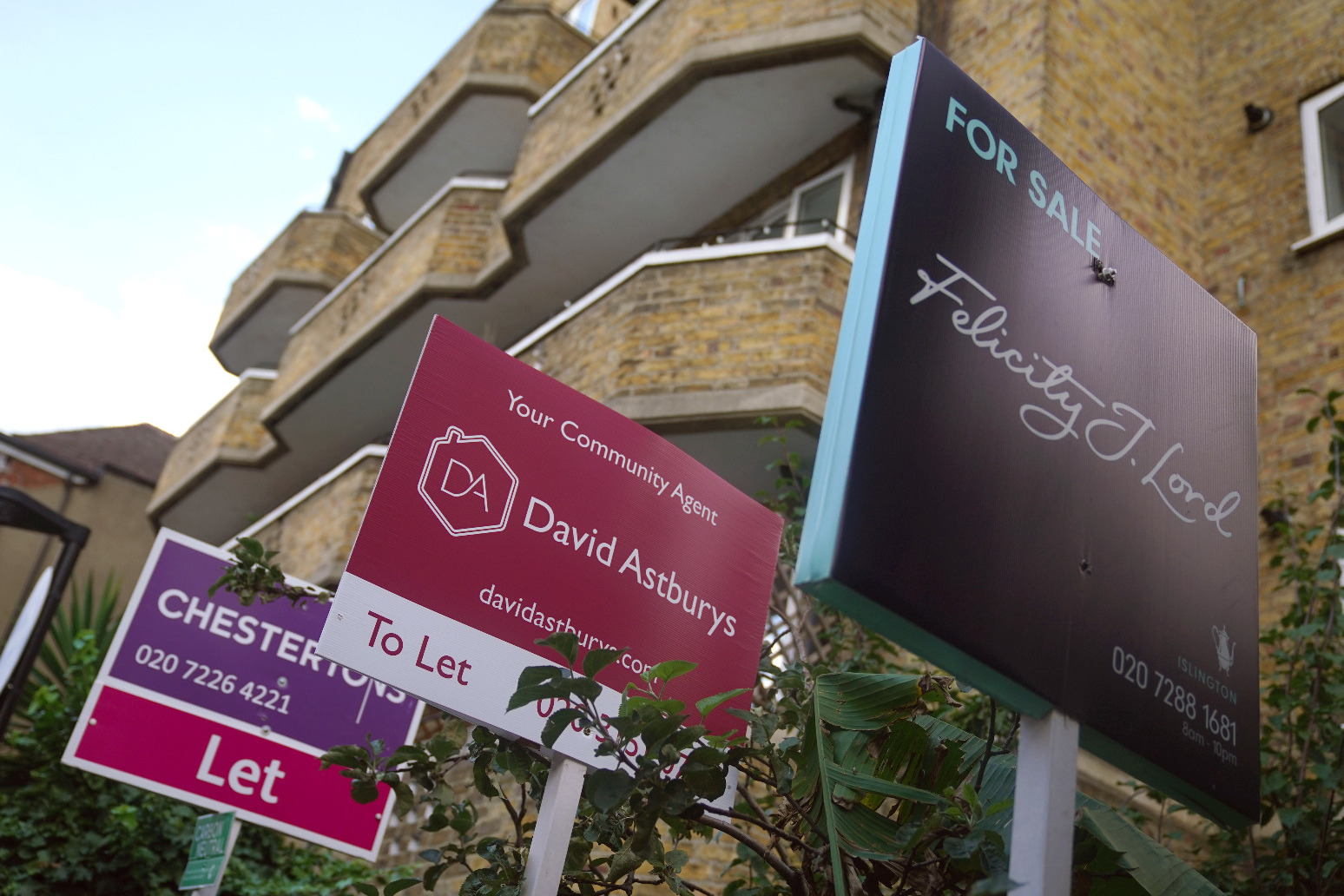-
play_arrow
DukeBox UK DukeBox UK
-
 play_arrow
play_arrow
Outside The Box #6 - Outstanding Arsenal and Hamilton the History-Maker Duke Box


Renting in the private sector leads to quicker biological ageing than owning your own home or being in social housing, research suggests.
Experts found private renting negatively affects health, with the impact being nearly double that of being out of work versus having paid employment.
Biological ageing refers to the decline in functioning of the body’s tissues and cells, irrespective of a person’s actual age.
Previous studies have suggested that biological ageing can accelerate during stressful events and reverse once the stress has stopped.
The experts behind the new study said renting privately, falling behind repeatedly with rent payments or living in a home affected by pollution is associated with faster biological ageing.
People living in social housing seemed to fare better, however, in part because of the security it offers and lower costs.
Writing in the Journal of Epidemiology and Community Health, the researchers said the “stress-induced acceleration of epigenetic ageing” may contribute to the long-known link between psychological stress and disease.
This shows how housing circumstances can “get under the skin with real and significant consequences for health”, they added.
“Perhaps most notable, and robust, is the faster ageing identified among private renters.
“Despite the stigmatisation of the tenure, social renting, with its lower cost and greater security of tenure, was not found to differ from outright ownership in terms of association with biological ageing…
“We posit that this may be related to the psychosocial benefits of additional security of tenure provided to social tenants.”
Experts from the University of Essex and University of Adelaide in Australia used data on housing and DNA methylation (a chemical marker of DNA changes) from the UK Household Longitudinal Study, linked with prior survey responses from the British Household Panel Survey (BHPS).
The analysis looked at factors such as length of tenancy, building type, the Government financial support available to renters, presence of central heating, housing costs, payment arrears, overcrowding and expectations around moving.
Further health information was collected from the 1,420 people in the BHPS survey, and blood samples taken for DNA methylation analysis.
The researchers concluded: “We find that living in a privately rented home is related to faster biological ageing.
“Importantly, the impact of private renting is greater than the impact of experiencing unemployment or being a former smoker vs never smoker.
“When we include historical housing circumstances in the analysis, we find that repeated housing arrears and exposure to pollution/environmental problems are also associated with faster biological ageing.
“Our results suggest that challenging housing circumstances negatively affect health through faster biological ageing.
“However, biological ageing is reversible, highlighting the significant potential for housing policy changes to improve health.”
The team argued that policies to “reduce the stress and uncertainty associated with private renting”, such as ending ‘no-fault’ evictions, limiting rent increases and improving conditions – some of which have already happened in the UK – may go some way to cutting the negative impact of private renting.
Published: by Radio NewsHub
Written by: admin
